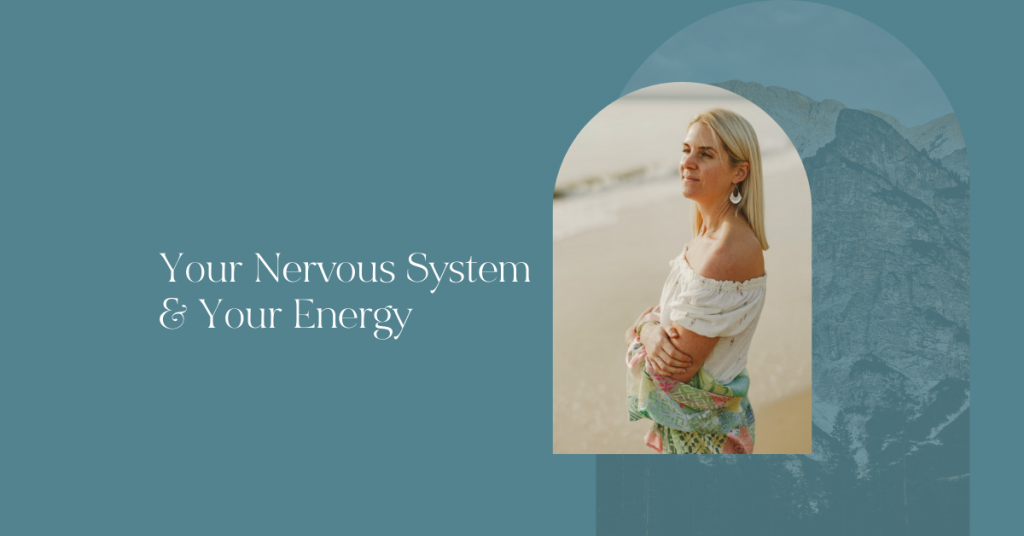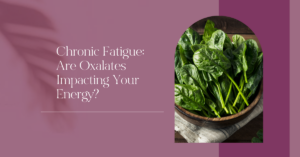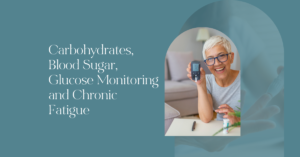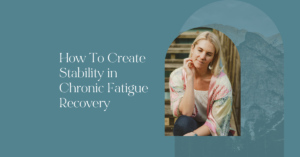It may seem almost obvious that caring for your nervous system is part of what it means to be and stay healthy. Great health = great energy!
But…
What does that actually mean?
And how does that correlate with improving energy and cognition?
If you are asking these questions, keep reading…
Your nervous system is made up of the central nervous system (brain and spinal column) and the peripheral nervous system, which is made up of the somatic, enteric and autonomic nervous system.
All these components of the nervous system are important, but for today, I want to focus on the autonomic nervous system (ANS).
When I teach this to my clients I like to say, when you think of autonomic, think automatic or “unconscious”.
The autonomic nervous system is the governor of our survival systems, our fight, flight and freeze responses.
When your survival is at risk, there is no time to consciously think about how to respond, you just have to access a deep rooted primal part of you and react before it is too late.
And interesting fact, 90% of our reactions and responses come from this unconscious place. This is why bringing awareness to our unconscious patterns (also known as blindspots) is essential for behaviour change – but that is another story for another day…
Back to the autonomic nervous system and your energy levels.
It takes a huge amount of energy to respond to threat.
We need energy to flee or fight like our lives depend on it and this comes at a cost.
The difference today versus hundreds of years ago is that we experience more nervous system stimulation in one day, than we would have done in an entire year.
The autonomic nervous system is almost always “responding to threat” as we scroll through our phones, check our emails, navigate office politics, patriarchy, racism and ableism.
It’s a lot.
And the energy required as we respond to all of these things is what Stephen Porges refers to as “the cost of doing business”. Which means that energy and nutritional resources (like vitamins and minerals) are prioritised away from important physiological functions like reproduction, repair, digestion, blood sugar control and endocrine regulation, in favour of the survival systems.
This is not a flaw.
It is a highly intelligent system designed to protect you and keep you safe.
The problem is, when you do not feel safe most of the day, the downregulation of healing and repair, will eventually take a toll on your health and wellbeing.
In this case, feeling safe refers to a felt sense of safety in the body. This for most people will probably feel something like peace, calm, grounded, heart open, shoulders relaxed, easy breathing, gentle heart rate.
The fact that you may feel unsafe most of the time, may not be something you are even aware of, because most of us will disconnect from our bodies in times of stress. Self included.
When the nervous system is chronically activated the body may do its best to find some sort of balance.
If the sympathetic nervous system (SNS) which governs fight and flight is like a rocket ship – taking off and burning through energy at a rate of knots – then the parasympathetic nervous system (PNS) is like a parachute, trying to capture the energy of the parachute and bring it back down to earth.
But while the rocket ship is still trying to react to threat – the deadline, the to-do list, the emails, patriarchy, racism, ableism and everything else you may have on your plate – it is still using energy.
And even though the role of the parachute is to bring the rocket ship down, it ALSO uses energy to do this.
It is the equivalent of trying to drive a car with the accelerator down (SNS) and your handbrake up (PNS).
You are going nowhere but you are burning through all the fuel.
If you have ever experienced burnout, low energy and fatigue, you will know what the embodied experience of this feels like.
☝️ ☝️ ☝️ And this is exactly why the nervous system matters.
The nervous system is governing all the other systems.
- Immune System
- Liver
- Kidneys
- Bladder
- Lungs
- Pupils
- Sweat glands
- Blood vessels
- Stomach
- Heart
- Stomach and Intestines
- Hormones; stress hormones (cortisol / DHEA), thyroid, reproductive hormones (FSH, LH, Oestrogen, Progesterone, Testosterone)
Any problems with these systems may be linked upstream to an over-activated nervous system.
This is why I make nervous system health the centre point of what I teach to my 1-2-1 clients and in my group programs.
If you feel like this all makes complete sense, I guess the next question is, what can you do to support your nervous system?
More on this next time…
Anna xxx










